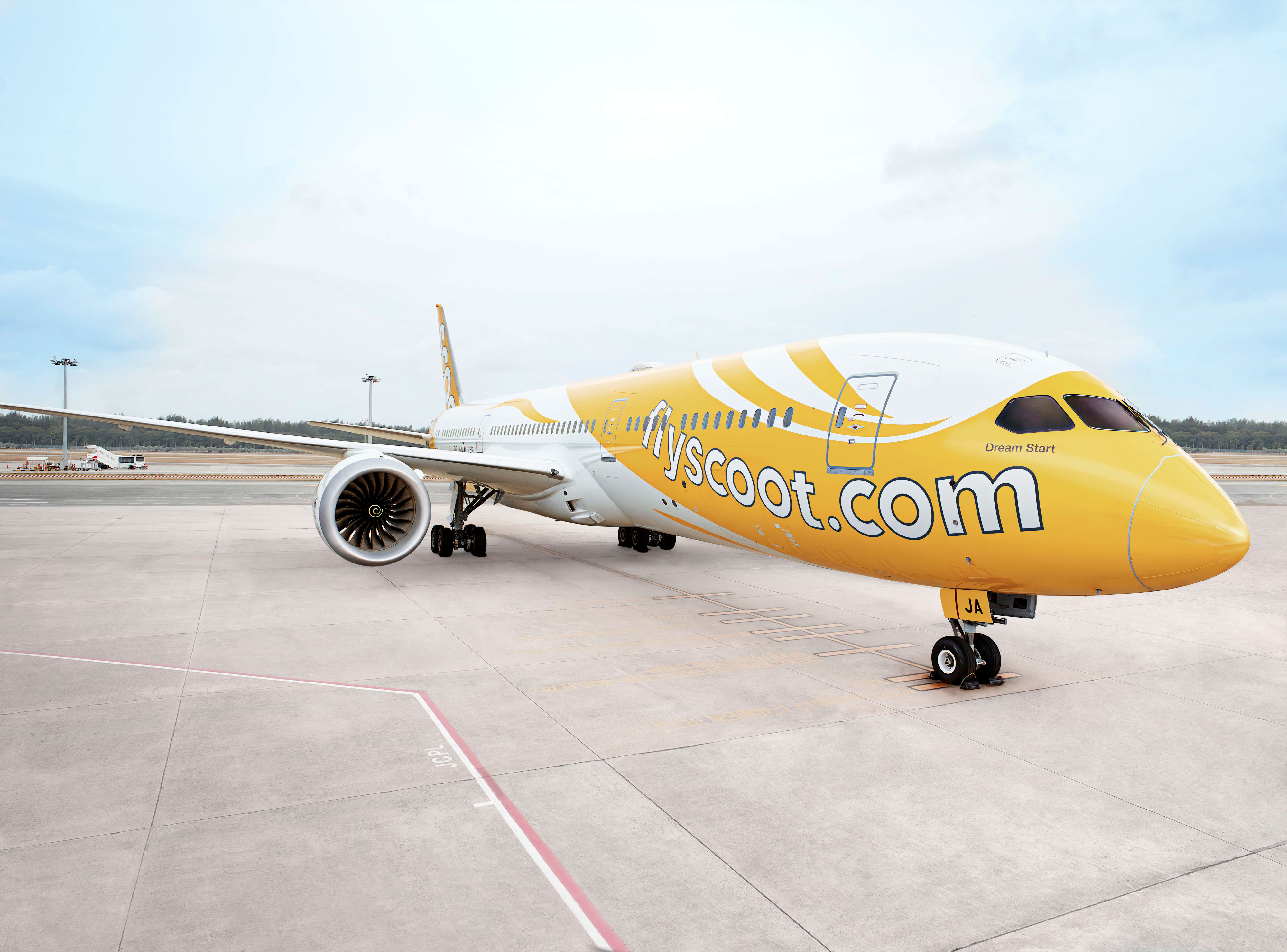Norse Atlantic Airways is a long-haul low-cost carrier that started flying in June 2022 and rolling out services to several U.S. destinations during its first summer.
While it can be argued that what they do has been done before, offering good value to passengers is where the Oslo-based carrier distinguishes itself. Their philosophy is simple: bringing meaningful volumes of good prices to people without compromising on the quality of the in-flight experience.
But that’s not the only strategic decision that makes Norse stand out. While most low-cost carriers operate a mostly point-to-point business model, often a limiting factor, the Oslo-based carriers’ strategy has taken a different approach from the get-go.
In the months before its launch, Norse developed a strong relationship with Dohop. The two teams worked hand in hand to prepare the carrier for its launch, which was to coincide not just with its direct flights offering but also connections with strategic partners.
“We know the potential and volumes that Dohop can bring. For Norse, it’s a straightforward relationship where Dohop manages our Whitelabel platform and handles the distribution of our connections. We could get the same type of results through traditional interline and codeshare, but we’d have to employ a whole range of people, specifically just for that product line. It would have to become quite a big function, whereas, by collaborating with Dohop, we simply have our Head of Commercial Partnerships managing this on our behalf together with the Dohop team and driving our vision forward.”

Norse’s passengers are value-conscious, leisure-focused, drawn by the affordable prices of transatlantic flights and impressed by the in-flight choices, be it the quality meal options, in-flight entertainment or extra leg-room availability. Low cost is in Norse’s DNA, and they are dedicated to bringing that value to markets where it’s needed. So, with Dohop’s help, they’ve built partnerships with three different low-cost carriers – one in the U.S. and two in Europe – to help feed each other’s networks.
With these partnerships in place, travellers can now book transatlantic journeys that combine one of Norse’s long-haul flights with short-haul flights either in the U.S. or Europe on Spirit Airlines, easyjet or Norwegian Air in one seamless booking process.
“Norwegian, easyjet, and Spirit are all low-cost carriers, and they’ve got the tech, offers, and networks we need to help us deliver the type of connectivity that will also add value in return to them and their customers. They each bring something unique to the table apart from geography – they are open, ready to go, wanting to move fast and try new things. All three of them are open to innovating and doing something different. They speak our language; that’s important to us.”
The partnerships enable Norse to offer over 600 affordable connecting destinations on both sides of the Atlantic, available to travellers via connections.flynorse.com.
Testament to a successful match, in addition to launching its own platform, Norse Atlantic has joined Worldwide by easyJet, an initiative that allows the UK budget airline’s customers to connect onwards for long-haul travel to Asia, North America and more.
The Norse team were looking for a strategic partner that could not only provide the technology they needed quickly but would also be able to support scale in the future.
They, therefore, conducted a thorough review of all options in the market to make a decision for the right partner to help them bring their vision of connectivity to reality.
“From the beginning, we got the right vibe from Dohop. It’s about simplicity. It’s a testament to the leadership at Dohop, they understand us and are easy to work with”
Seeing as they are a forward-thinking airline, it’s no surprise that Norse is already thinking about the future and how they can contribute to advancing connectivity for themselves, their passengers and the industry. Intermodal naturally comes up as one of the key advancements that they plan to pursue in the future.
“We’ll absolutely want to unlock intermodal connectivity for our passengers in the future. But it is clear to us that the railway industry needs to do more. They need to learn how to plug into the airline industry because the airlines are ready to go with the tech; they’ve got to figure out a way to meet us in the middle. Of course, it’s a heavily regulated business so it’s going to take a bit of time.
We are completely agnostic in our partnerships, we welcome all partners as long as they speak our language and that means partners that are willing to spend enough time on the relationship because that’s how we get to see bookings in return. Our focus is to spend time building deeper relationships with our existing and future partners.”





